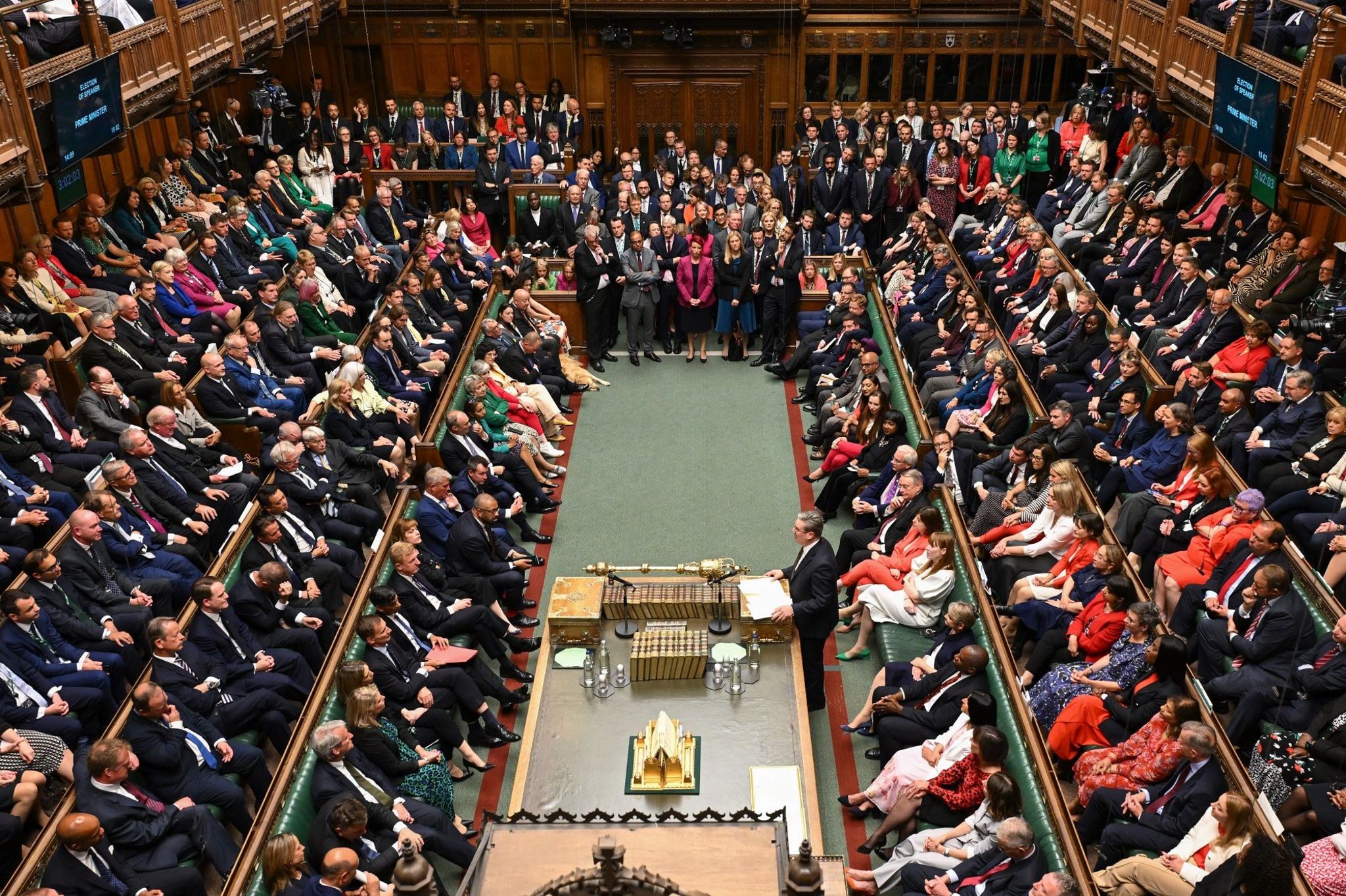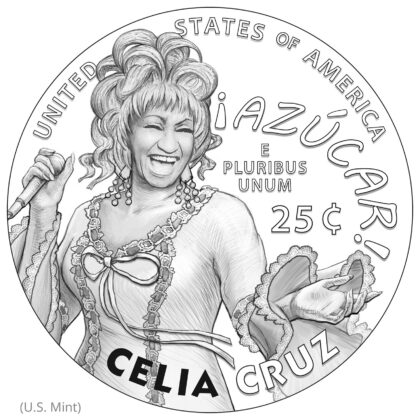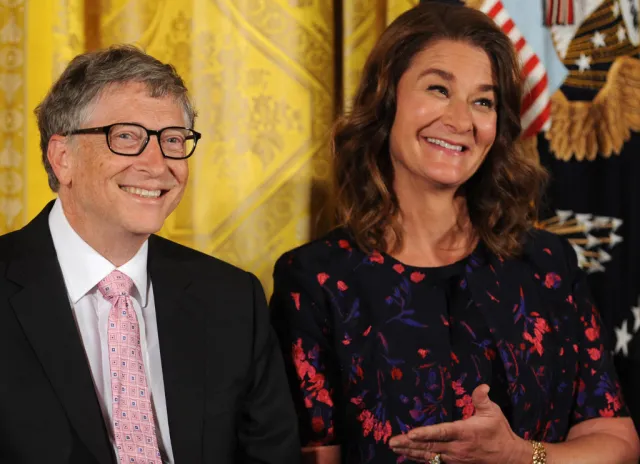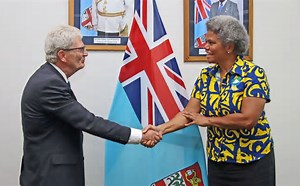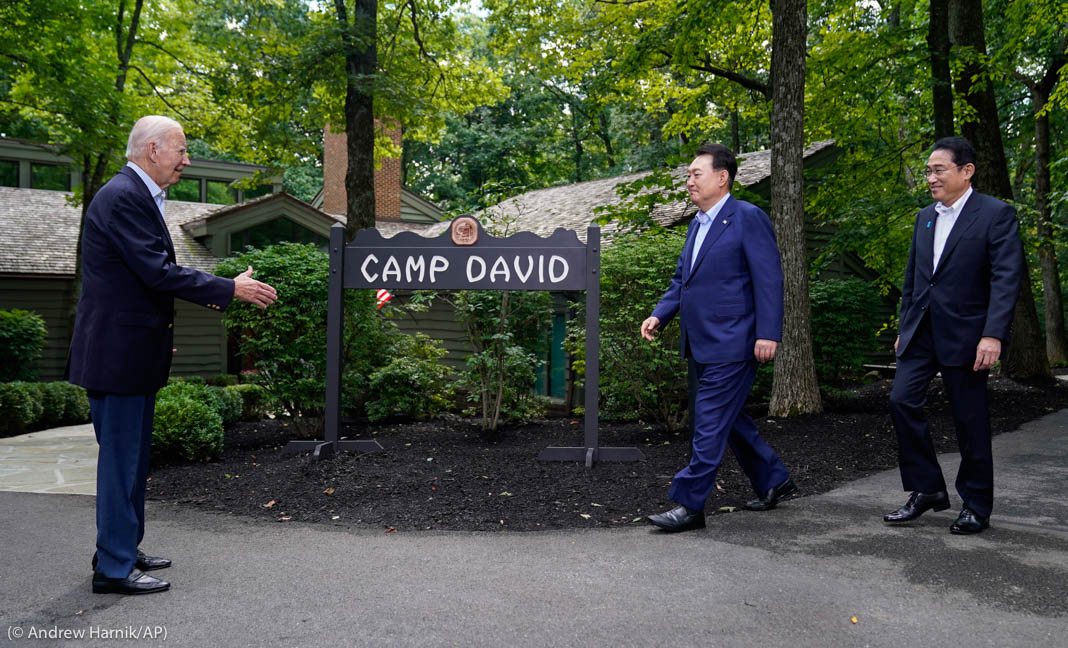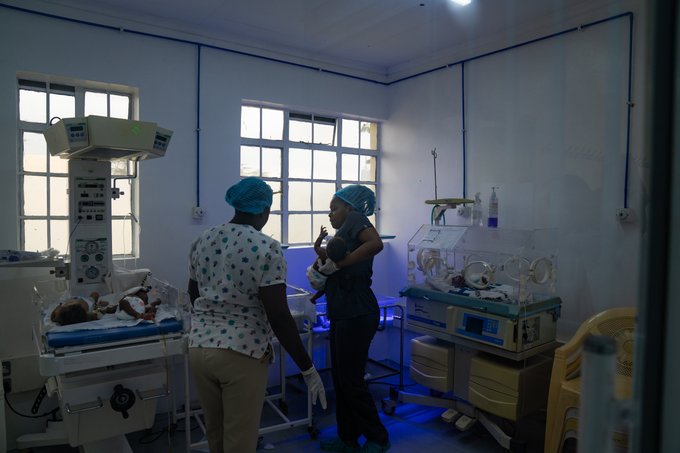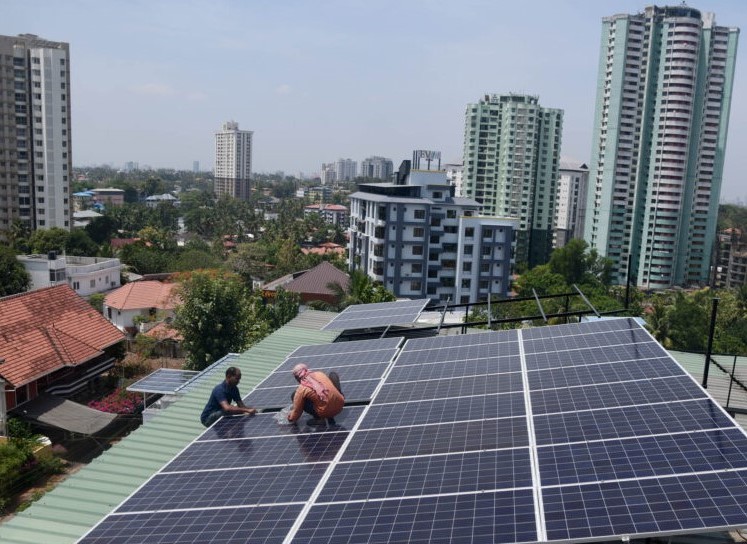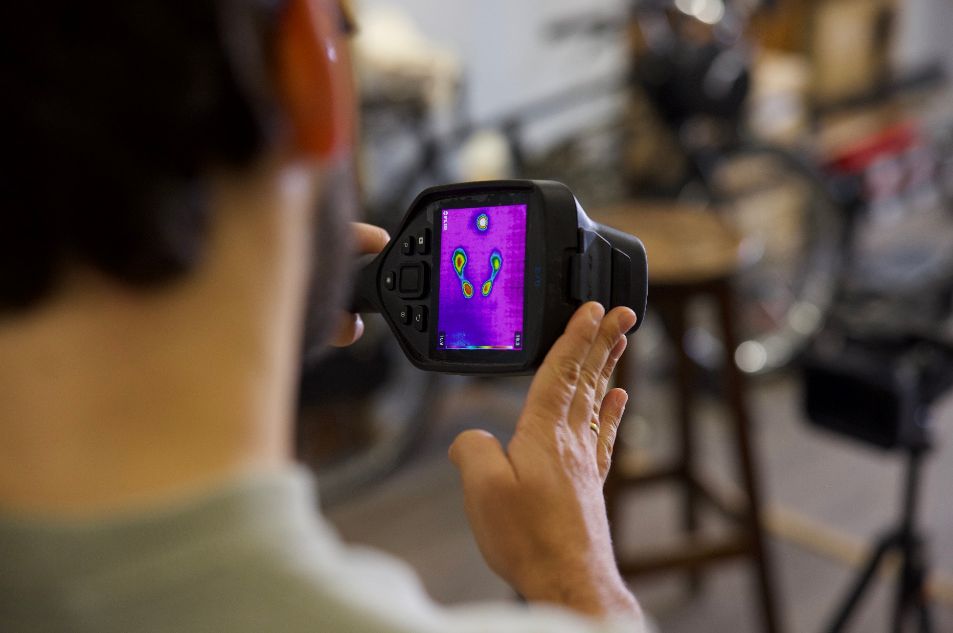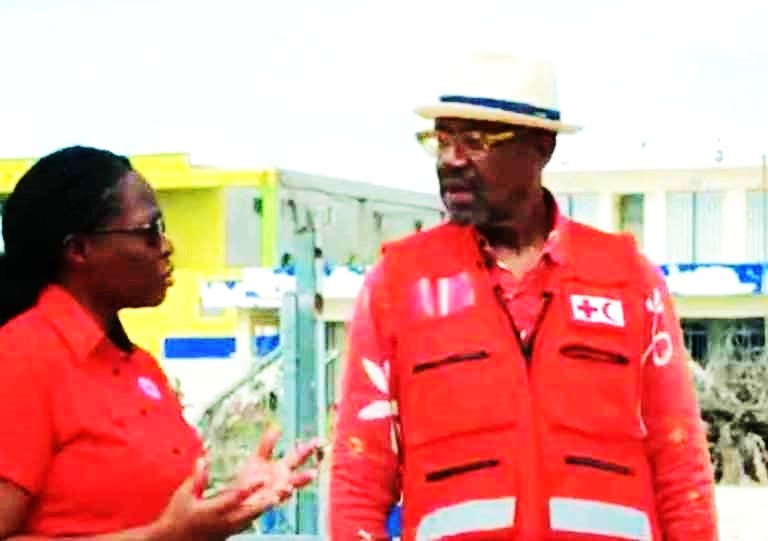Caesars next Las Vegas cyberattack victim
It was reported within the past 24 hours that Caesar Entertainment joined the ranks of MGM Resorts International as the next cyberattack target in Las Vegas.
Unlike MGM, the casino and online operations were not affected, but their Loyalty members were affected by the cyberattack. Caesars told the SEC (Securities and Exchange Commission) that it could not guarantee that personal information from its tens of millions of Loyalty members was secure.
The Las Vegas data breach which happened on September 7 but was not made known to the public until now, revealed member US Social Security number as well as driver’s license numbers. It was reported that Caesars paid a US$15 million ransom to the cybercrime group that infiltrated its database system and made the demand.
The demand was for US$30 million. This is called a “pinky promise” although there is no way to tell if the hackers actually do delete the stolen information once they receive the ransom payment.
The highest ransom ever paid by a company for a cyberattack is believed to be US$40 million. It was dished out by CNA financial, an insurance company in 2021.


